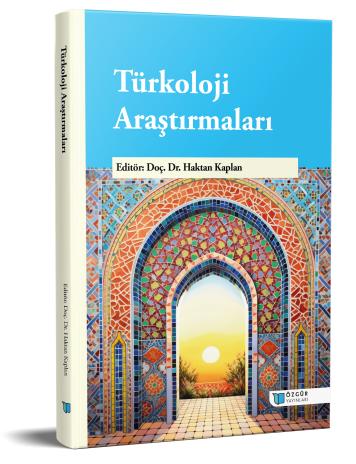
A Study on the Story Called “Tönler” in the Context of Transition Period Kazan Tatar Turkish and Language Discussions
Chapter from the book:
Kaplan,
H.
(ed.)
2025.
Turcology Studies.
Synopsis
The late 19th and early 20th centuries marked a period of reform in education and culture among the Turkic peoples of Russia, influenced by Western enlightenment philosophy. This period also witnessed the development of Kazan Tatar Turkish as a literary language centered around the Kazan dialect. During this process, debates on language, literature, and identity emerged among Kazan Tatars, with ongoing discussions between the movements of Tatarism and Turkism influencing the process of standardizing the written language.
In this context, this study examines the story Tönler, published in 1910 by Kazan Matbaa-i Kerimiye in accordance with the Arabic script literary tradition. Written by Shulgin and translated by Latif Mustafa, the story contains significant traces of Tatar daily life and social structure. The linguistic features of the text reflect the transitional characteristics of the period, and the story has been analyzed in terms of orthography, morphology, and vocabulary by comparing it with the modern Kazan Tatar literary language. The analysis reveals that the literary language of that time had not yet reached full standardization and that the story was largely written with a Tatarist linguistic approach.
This study on Tönler contributes to the field by serving as an example of the process of Kazan Tatar Turkish evolving into a literary language and by providing insights into the transitional features of other contemporary Kipchak Turkic dialects.

